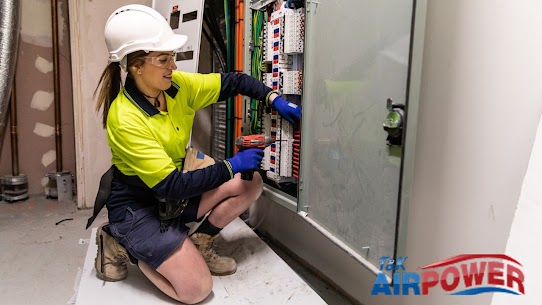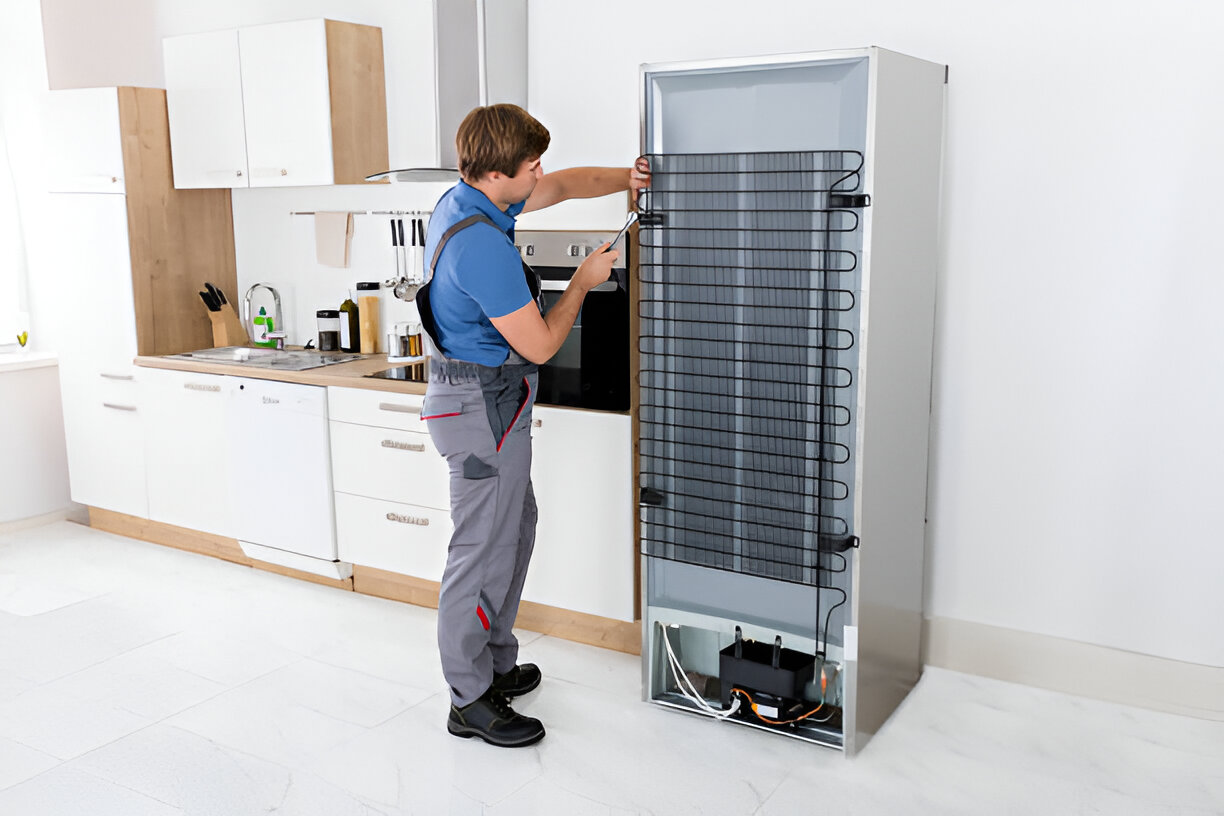In today’s business environment, having reliable access to power and a well-maintained electrical system isn’t a luxury—it’s a necessity. Whether it’s lighting, machinery, computer systems, or climate control, everything depends on consistent electrical functionality. That’s where commercial electrical services come into play.
These services go far beyond just fixing broken wires or replacing light fixtures. They are tailored to meet the complex electrical needs of offices, retail spaces, warehouses, factories, and other commercial facilities. In this article, we’ll break down what commercial electrical services actually include and why they’re essential for business operations.

What Are Commercial Electrical Services?
Commercial electrical services refer to the planning, installation, repair, and maintenance of electrical systems specifically designed for commercial buildings and environments. Unlike residential electrical work, commercial systems often involve larger, more complex infrastructure and must comply with different codes and safety standards.
Here’s a breakdown of typical tasks included in commercial electrical services:
1. System Installation
-
Designing and installing wiring, panels, switchboards, and outlets for new constructions or renovations
-
Integrating energy-efficient systems like LED lighting or solar panel connections
-
Installing commercial-grade machinery or HVAC units with proper electrical support
2. Upgrades and Modernization
-
Replacing outdated systems that no longer meet safety or capacity requirements
-
Upgrading switchboards, circuit breakers, or emergency systems for growing power demands
3. Preventive Maintenance
-
Regular inspections to catch problems early
-
Checking for wear and tear, testing electrical loads, and verifying system balance
-
Scheduled servicing of lighting systems, generators, or critical power infrastructure
4. Emergency Repairs
-
Rapid troubleshooting for power outages, electrical faults, or system failures
-
Restoring safe operation during equipment failure or damage from weather-related events
5. Compliance and Safety Checks
-
Ensuring systems meet Australian electrical safety codes and energy regulations
-
Installing safety systems like smoke alarms, surge protectors, and emergency exit lighting
Why Do Businesses Need Commercial Electrical Services?
1. Safety for Staff and Property
Poor wiring, faulty circuits, and overloaded systems pose real risks—ranging from equipment damage to fire hazards. Regular commercial electrical servicing helps prevent these dangers and ensures a safe environment for employees, customers, and visitors.
2. Reliable Operations
Unexpected electrical issues can bring business operations to a halt. Whether it’s a lighting outage in a store or a system failure in a production facility, downtime is costly. Commercial electricians provide routine checks and rapid response to keep businesses running smoothly.
3. Compliance with Regulations
Every business must comply with local electrical safety standards and codes. Failing to meet these requirements can result in fines, legal issues, or insurance claim denials. Professional services ensure all installations and upgrades are compliant with the law.
4. Energy Efficiency and Cost Savings
Inefficient electrical systems increase energy consumption and operating costs. Commercial electricians can recommend and install systems that reduce waste—like motion sensors, automated lighting, or upgraded switchboards—helping businesses lower their bills and carbon footprint.
5. Support for Expansion and Upgrades
As businesses grow, their electrical needs evolve. Adding new equipment or expanding a facility requires electrical systems that can handle increased demand. Having a reliable commercial electrical contractor ensures seamless scaling without compromising safety or efficiency.
Conclusion
Understanding and investing in commercial electrical services is crucial for any business that relies on consistent and safe power supply. From installation and maintenance to upgrades and emergency response, these services form the backbone of functional, efficient, and compliant business infrastructure.
As commercial environments continue to adopt more complex technologies and equipment, having a well-managed and modern electrical system becomes more than a technical requirement—it becomes a strategic asset. When performed correctly, electrical services don’t just power your business; they help protect your people, your property, and your long-term growth.
Frequently Asked Questions (FAQs)
1. What is the difference between commercial and residential electrical services?
Commercial electrical services deal with larger systems that support higher loads and more complex infrastructures, such as three-phase power or large-scale lighting. Residential services focus on simpler, smaller-scale household needs.
2. How often should a business schedule electrical maintenance?
Preventive maintenance should be done at least once a year, though high-demand environments may need quarterly checks to ensure safety and efficiency.
3. Can I use a residential electrician for commercial work?
No. Commercial work often requires specialized knowledge, licensing, and experience due to the complexity and regulatory requirements involved.
4. Are commercial electrical upgrades tax-deductible?
In many cases, yes. Electrical improvements that qualify as capital upgrades or energy-efficient investments may be tax-deductible. Always consult with an accountant for specifics.
5. What are the signs that my business needs electrical repairs?
Common signs include flickering lights, frequent breaker trips, unusual equipment behavior, burning smells, or power surges. Any of these may require immediate inspection by a licensed electrician.




